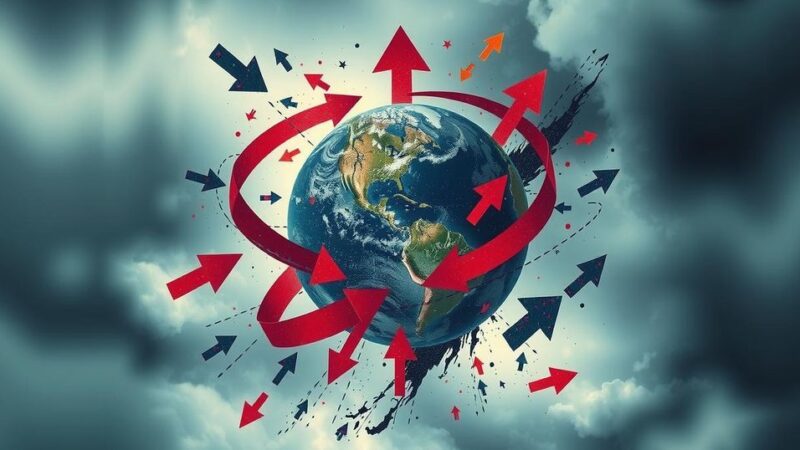The US and Argentina have expressed intentions to withdraw from the WHO, citing dissatisfaction with its management, particularly related to the COVID-19 pandemic. While the US attempted to withdraw during the Trump administration, the Biden administration reversed this decision. Recently, Argentina’s President Javier Milei announced similar withdrawal plans, criticizing the WHO’s handling of health issues and political independence.
On January 20, 2017, following his inauguration, the United States, under President Donald Trump, announced its withdrawal from the World Health Organization (WHO). The administration cited perceived bias towards China and a belief that the WHO downplayed the impact of the COVID-19 pandemic, delaying crucial health emergency declarations. Additionally, concerns were raised regarding the effective utilization of US financial contributions to the organization.
However, after the Biden administration took office, it abandoned the plans for withdrawal. Recently, Argentine President Javier Milei declared intentions to follow suit, critiquing the WHO’s management of health concerns, particularly during the COVID-19 crisis. His spokesperson, Manuel Adorni, emphasized the lack of independence from external political influences as a significant factor in this decision.
The World Health Organization plays a crucial role in global public health, but it has faced criticism from various nations, particularly during the COVID-19 pandemic. The US, as a primary contributor to the WHO’s funding, has expressed dissatisfaction with the organization’s management and decision-making, especially concerning perceived favoritism towards certain countries. Argentina, aligning with similar criticisms, seeks to reassess its relationship with the WHO under new leadership.
The withdrawals from the WHO by both the United States and Argentina reflect ongoing frustrations with the organization’s handling of global health crises, particularly regarding transparency and independence from political influences. As these nations explore alternatives to their engagement with the WHO, the implications for global health governance and cooperation remain noteworthy.
Original Source: globalsouthworld.com






